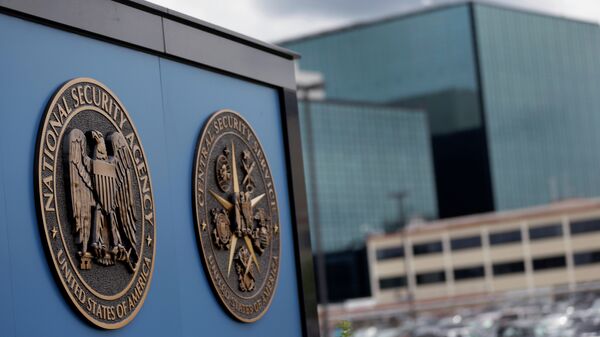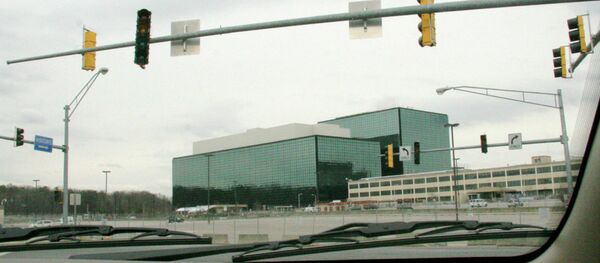These documents allowed the agencies to engage in different intelligence-gathering activities including intercepting calls and emails, as well as gathering contact data to meet national security goals.
The trend continues from 2014, when the court also granted every surveillance request by the NSA and FBI.
These electronic-surveillance activities often are conducted with the assistance of Internet and telecommunication companies.
The court also granted 48,642 national security letters (NSLs) made by the FBI in 2015.
Most of the activities outlined in these requests targeted foreigners, according to the memo. 31,863 such requests were made. The memo also stated that 9,418 NSL’s targeted US citizens and legal immigrants.
The court was founded in 1976 to allow security agencies to conduct wide-spread surveillance activities on potential foreign threats. It came under intense scrutiny following the Edward Snowden leaks in 2013.
Civil liberties advocates argue that the court issues “rubber stamps” for a wide range of often questionable surveillance practices. Government officials say the Justice Department is careful when analyzing applications and that it sometimes modifies them substantially.
The court modified 80 applications in 2015. The previous year, it only modified 19.






